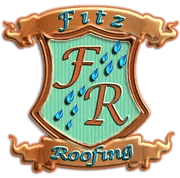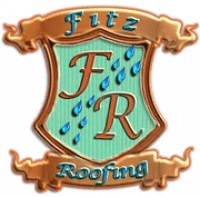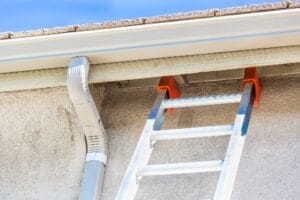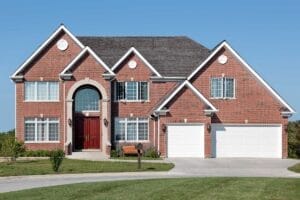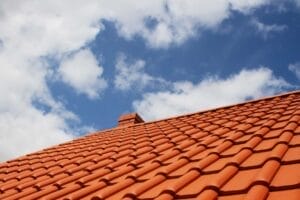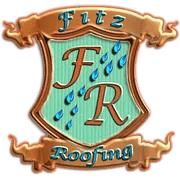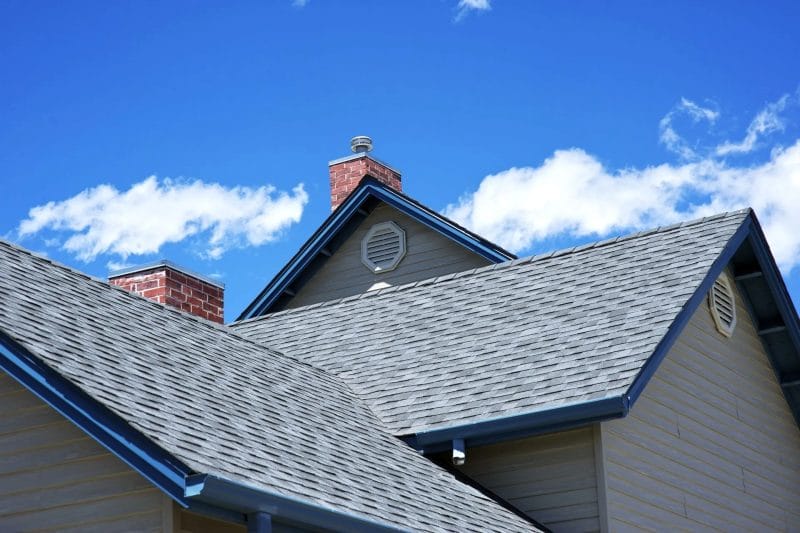
Roofs, the unsung heroes of our homes, provide shelter and protection from the harsh elements. However, a multitude of factors can affect the longevity of your roof. In this article, delve into the factors that play a pivotal role in determining the lifespan of roofs.
Workmanship
A skilled contractor installs the roofing materials properly, leaving no room for errors or gaps that could lead to leaks. They use high-quality materials that are durable and resistant to weather conditions.
Proper ventilation is essential for the longevity of your roof. A knowledgeable contractor ensures that your roof has adequate ventilation, which prevents the buildup of heat and moisture, reducing the risk of rot and mold.
Additionally, a reputable contractor offers warranties on their workmanship, giving you peace of mind. If any issues arise, they will take responsibility and rectify them promptly.
Weather
Extreme heat causes your roof to expand, which can lead to cracks and weakened shingles. The scorching sun also fades the color of your roof and breaks down its protective coating, making it vulnerable to damage. On the other hand, cold temperatures make your roof contract, which may result in the formation of gaps and leaks.
What are other ways weather can affect your roof?
- Frost and ice buildup can also cause shingles to crack or become loose.
- Heavy rain can penetrate through any existing weaknesses in your roof, leading to leaks and water damage.
- Windstorms can rip off shingles and expose the underlying structure to the elements.
- Hailstorms can cause dents and fractures, compromising the integrity of your roof.
- Excessive moisture and humidity promote the growth of mold and moss, which can deteriorate the roof’s materials.
Regular maintenance and prompt repairs are essential to mitigate the effects of weather and extend the lifespan of your roof.
Roofing Material
Different materials have varying durability and resistance to external factors. For instance, metal roofs offer excellent longevity due to their strength and ability to withstand harsh weather conditions. They are highly resistant to fire, rot, and insect damage.
Asphalt shingles, on the other hand, are widely used but have a shorter lifespan compared to metal roofs. The roofs can be susceptible to cracking and warping under extreme temperatures. Clay or concrete tiles are also durable and can last for several decades, but they may be prone to breakage in certain situations.
Ultimately, selecting a roofing material that suits your climate, budget, and desired lifespan is crucial for ensuring the longevity of your roof.
Pitch
A steep pitch is advantageous because it allows rainwater and snow to easily slide off the surface. When water doesn’t accumulate, it reduces the risk of leaks and water damage. With a higher pitch, you have less chance for moisture to seep into the roof structure.
In contrast, a low-pitched roof may struggle to shed water efficiently, leading to water pooling and potential leaks. Water pooling can weaken the roof materials over time, causing rot and deterioration. Therefore, a steeper pitch is more beneficial for the longevity of your roof due to its efficient water shedding and improved ventilation properties.
Wildlife and Pests
When birds, squirrels, or other critters make their way onto your roof, they can cause damage by pecking, scratching, or gnawing at the roofing materials. Their sharp beaks or claws can tear shingles, creating openings for water to seep in.
Pests, such as termites or carpenter ants, pose another threat. They can infiltrate the wooden components of your roof, including trusses and rafters, and cause severe structural damage. Over time, this can compromise the stability of your roof and increase the risk of collapse.
The best way to ensure the longevity of your roof is to work with a professional roofer. Fitz Roofing provides reliable and quality roofing services at affordable rates. Contact us today to get started.
